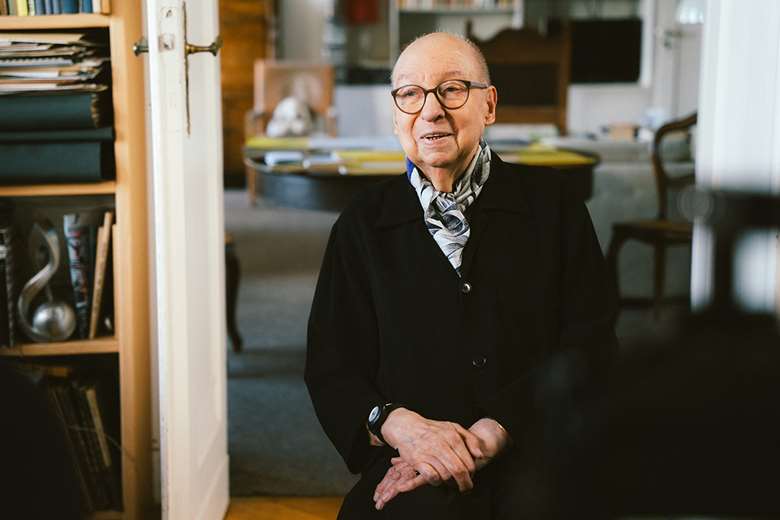Composer and pianist Aribert Reimann has died, aged 88
Gavin Dixon
Friday, March 15, 2024
Aribert Reimann's more than 70 works include the opera Lear

Register now to continue reading
Thanks for exploring the Gramophone website. Sign up for a free account today to enjoy the following benefits:
- Free access to 3 subscriber-only articles per month
- Unlimited access to our news, podcasts and awards pages
- Free weekly email newsletter








